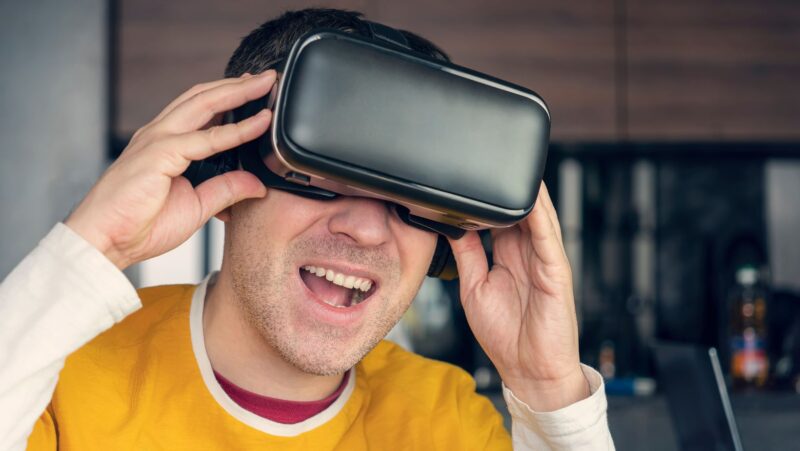
Have you ever wished for a therapist available 24/7, ready to listen without judgment? Enter Avocado, the AI chatbot therapist that’s making waves in the mental health space. As a young woman navigating the complexities of modern life, you might be intrigued by the idea of on-demand emotional support. But can an artificial intelligence truly replace the nuanced understanding of a human therapist? This article explores the capabilities and limitations of Avocado, examining how it fits into the evolving landscape of mental health care. You’ll discover whether AI therapy could be a valuable tool in your self-care arsenal or if it’s just another tech trend to approach with caution.
The Rise of AI Therapists: Convenience or Cold Comfort?
In recent years, the emergence of AI therapists has sparked both excitement and concern in the mental health community. These online AI therapist platforms, like Avocado, offer unprecedented accessibility to mental health support. With a free AI therapist available at your fingertips 24/7, users can engage in therapeutic conversations, practice mindfulness, and track their mood without the constraints of traditional therapy.
However, the question remains: can an AI therapist chatbot truly replace the nuanced understanding and empathy of a human therapist? While the best AI therapist algorithms can provide valuable insights and coping strategies, they lack the ability to pick up on subtle emotional cues or offer the genuine human connection that many find crucial in their healing journey. As we navigate this new frontier of digital mental health care, it’s essential to consider both the convenience and potential limitations of AI-driven therapy solutions.
Exploring the Capabilities and Limitations of AI Therapy
AI therapists are revolutionizing mental health support, offering 24/7 accessibility and personalized interactions. The best AI therapist chatbots, like Avocado, can provide immediate emotional support and practice mindfulness techniques. However, it’s crucial to understand their limitations. While a free AI therapist can offer valuable coping strategies, it cannot replace the nuanced understanding and empathy of human therapists.
Online AI therapists excel at providing consistent support and tracking mood patterns, but they lack the ability to pick up on subtle non-verbal cues or fully grasp complex human emotions. As technology advances, AI therapy continues to improve, but it’s best viewed as a complementary tool rather than a replacement for traditional therapy. When considering an AI therapist, it’s important to weigh the benefits of convenience against the irreplaceable value of human connection in the therapeutic process.
Revolutionize Self-Care with Avocado AI Therapist
In the digital age, mental health support is evolving rapidly. Avocado, a cutting-edge online AI therapist, is at the forefront of this revolution.
This free AI therapist chatbot offers personalized conversations tailored to your unique needs, providing a safe space to explore your thoughts and emotions.
Comprehensive Mental Health Support
Avocado goes beyond simple conversations. As one of the best AI therapist options available, it educates users on various mental health conditions and suggests effective self-help techniques.
The AI therapist tracks your progress over time, offering insights into your mental well-being journey.
Complementing Traditional Therapy
While not a replacement for human connections, Avocado serves as an excellent complement to traditional therapy. This innovative AI companion for mental well-being provides round-the-clock support, ensuring you always have a resource for managing your mental health.
Conclusion
As you consider whether AI therapists like Avocado can replace human connections, it’s important to weigh the pros and cons carefully. While these chatbots offer convenience, 24/7 availability, and a judgment-free space to open up, they cannot fully replicate the nuanced understanding and empathy of a human therapist. Avocado and similar AI may serve as useful supplements to traditional therapy or as stepping stones for those hesitant to seek human help. Ultimately, the choice is yours. Reflect on your personal needs and comfort level as you decide whether an AI therapist is right for you. The future of mental health support is evolving – stay informed and prioritize your wellbeing.













